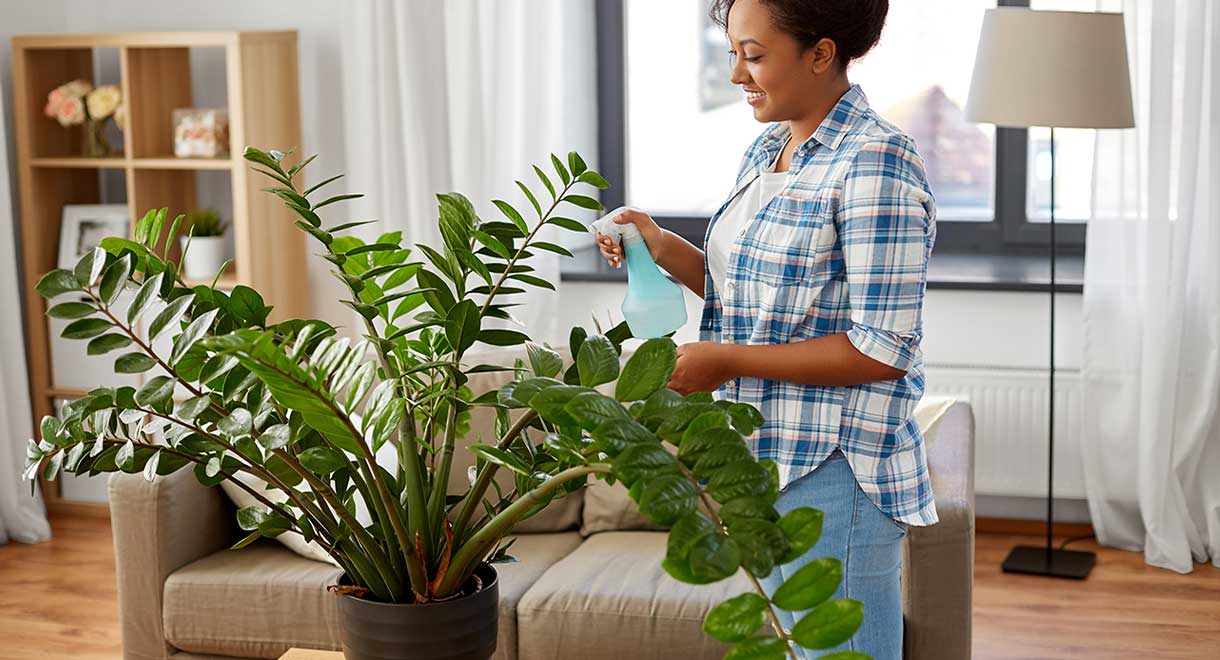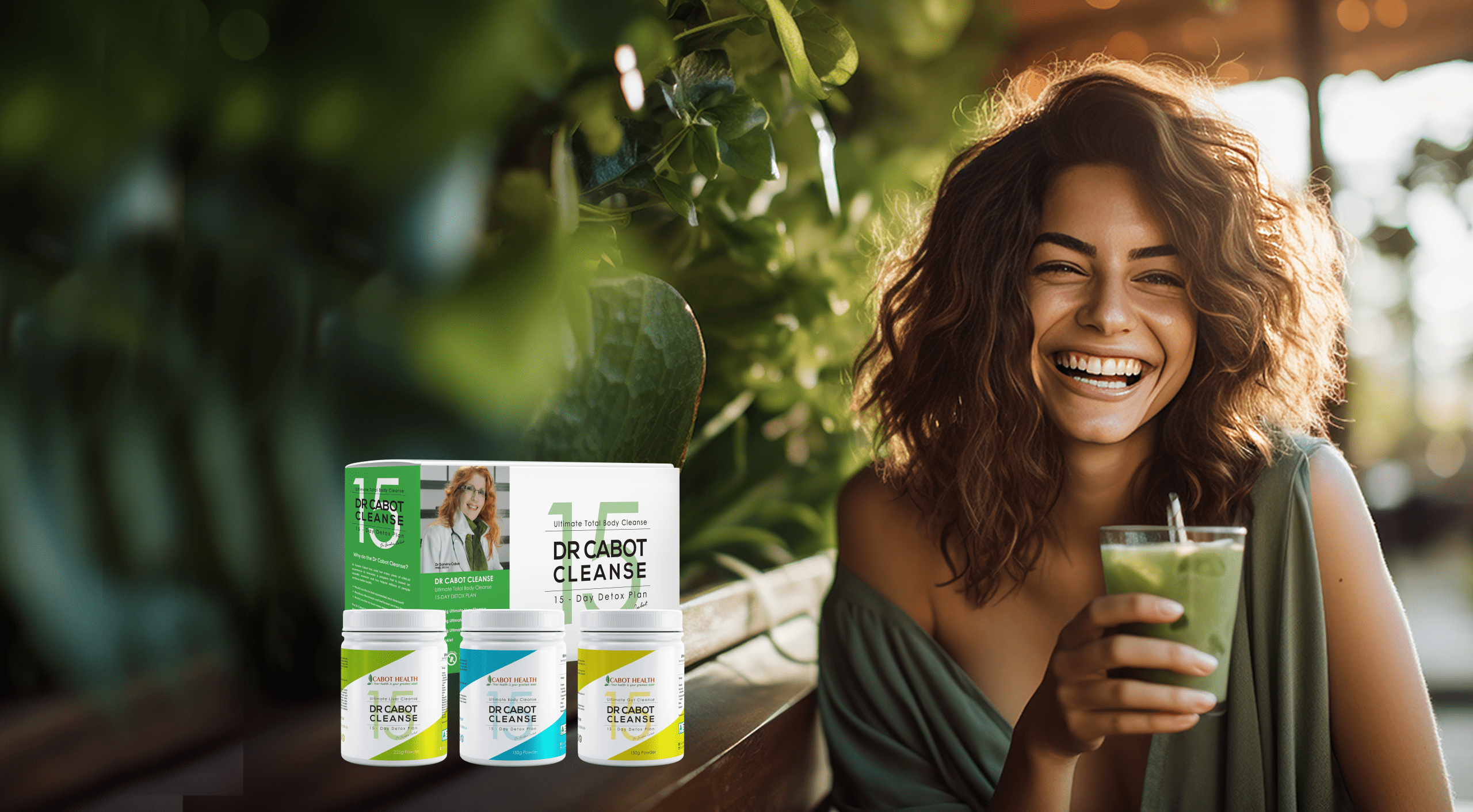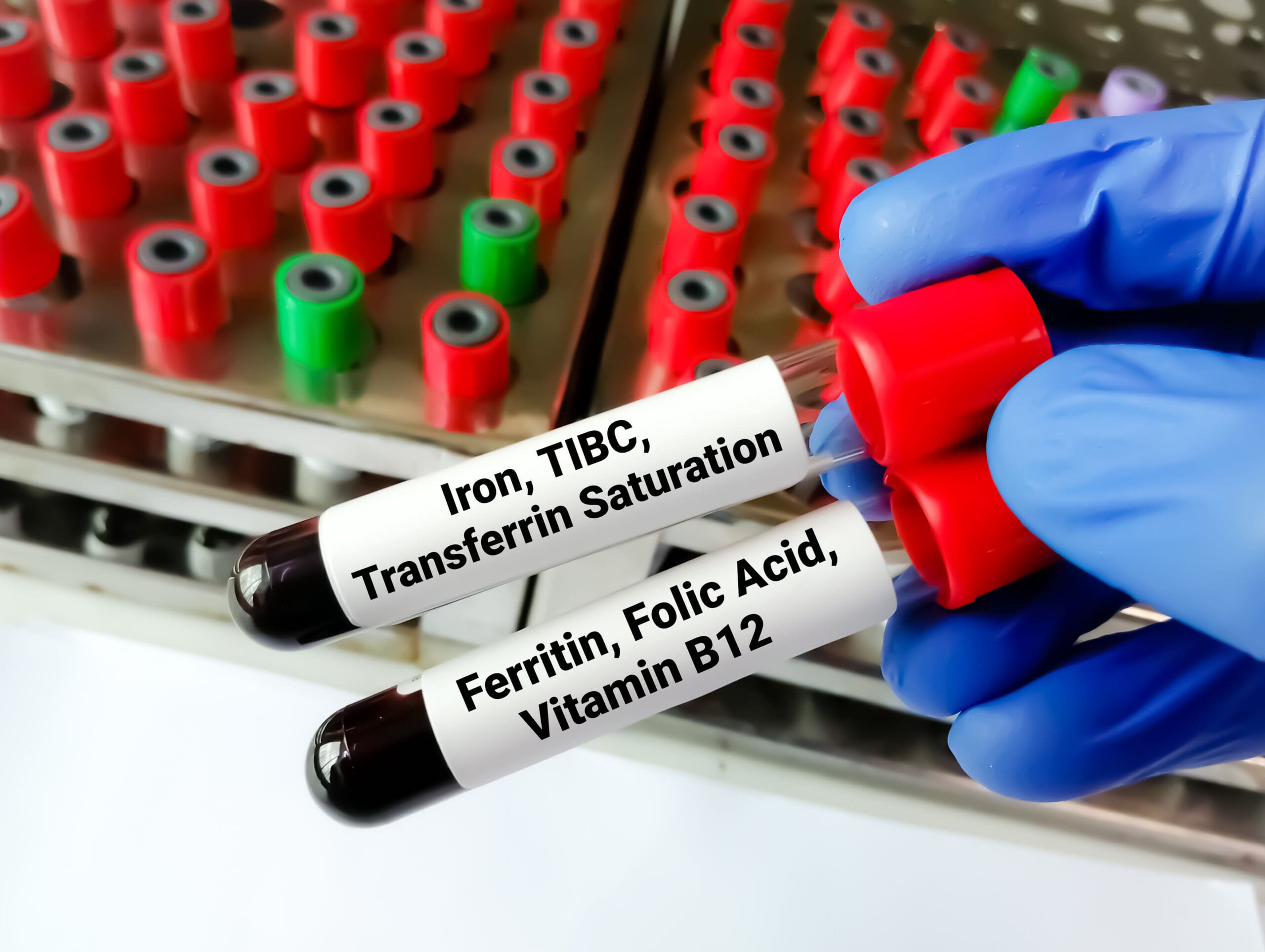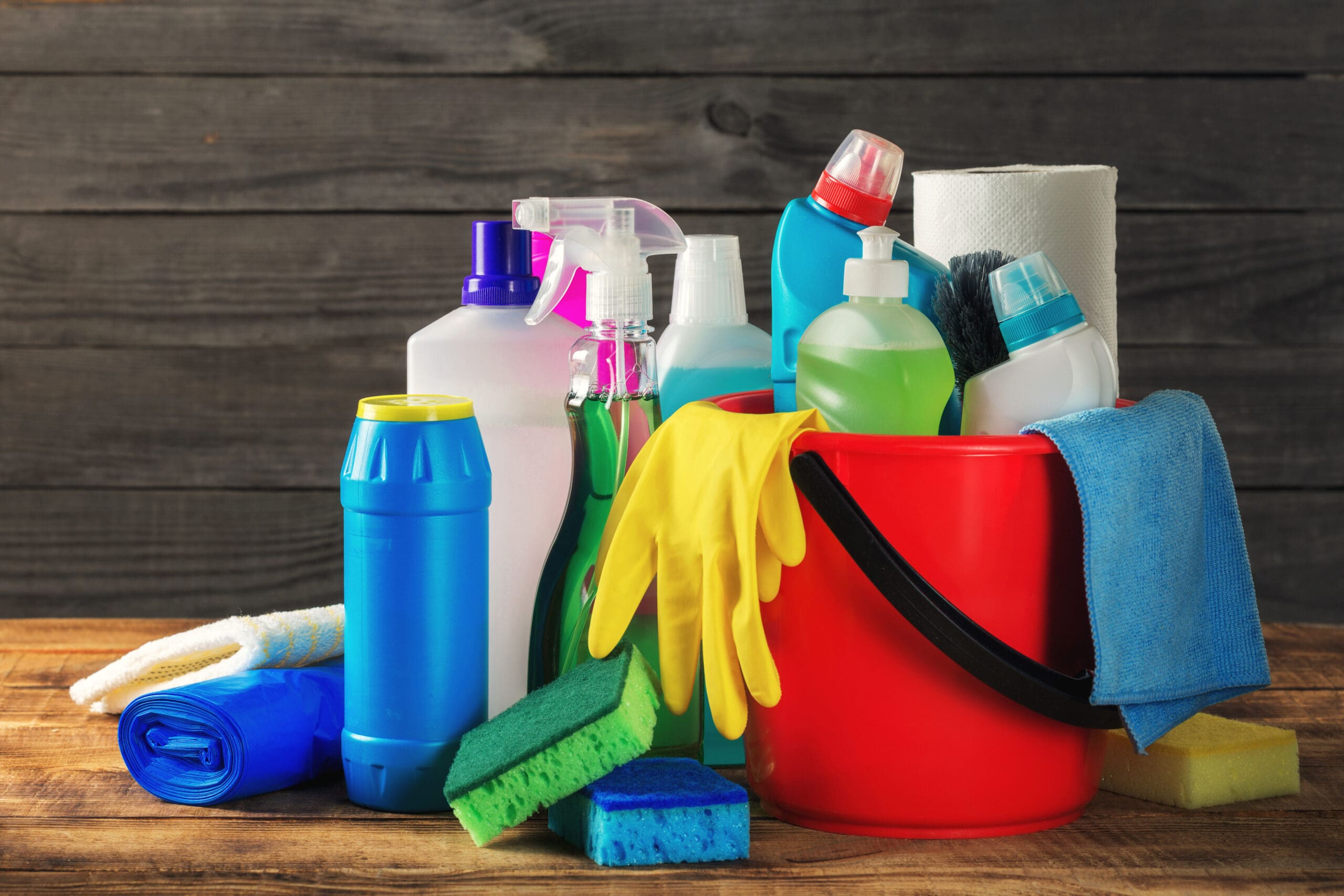Can houseplants improve your health?
By Louise Belle BHSc (Nut Med)
After going ‘out of fashion’ for the last couple of decades, houseplants have made a comeback and are all the rage these days. Some rare houseplants, such as the variegated monstera are selling for $300+ for a cutting!! Houseplant enthusiasts dedicate their spare time to tending to their plants and adding new additions to their house plant family. Houseplants boast many health benefits that stretch far beyond the visual appeal so even if you’re not particularly enthused by adding some greenery to your home, you should definitely consider it!
It is estimated that the air inside your home could be 2-5 times more polluted than the air outside your home! Cleaning products, air fresheners, furniture, paints, carpets, gas heaters, mould and dirt are just some of the potential sources of toxins living in your home. According to a study conducted by NASA, having plants in your home can actually help to filter and remove toxins from the air.
Some of the toxins that houseplants can help to remove:
- Benzene: Sources of benzene in our homes may include detergents, paint, glues, furniture, cigarette smoke and plastics. Exposure to benzene can negatively affect the health and function of red blood cells and may damage the immune system.
- Formaldehyde: This is the chemical used to preserve dead bodies. It is also used clothing, air fresheners, bed sheets, furniture, cigarettes, perfumes and paper towels. Formaldehyde is a known carcinogen and has been linked to skin and lung issues.
- Xylene: Solvents, varnish, paint, lacquers, paint thinners, pesticides and rust preventatives are potential sources of xylene in your home. Exposure to xylene (particularly in high amounts) can cause damage to the central nervous system.
- Trichloroethylene: This chemical is used as a solvent for grease, in fabrics and dry cleaning and in adhesives, paints, varnishes and pesticides. Exposure also may occur through contaminated drinking water. Exposure to this chemical can harm the nervous system, lungs, liver, kidneys and immune system.
- Toluene: If can be absorbed through your lungs, skin and digestive tract with the main exposures coming from nail polish, paint, paint thinners, tanned leather, rubber, plastics, nylon and gasoline. It can affect the nervous system and cause symptoms of headaches, tiredness, weakness and confusion.
According to NASA, the houseplants most effective at removing toxins from the air are snake plant, devils ivy, peace lily, spider plant, Boston fern, bamboo palm and flamingo lily. A study funded by Hort innovation found that one house plant per medium-sized room (4 x 5m) can improve air quality by 25%. So, if you’ve been on the fence about getting a house plant, maybe it’s time you took the plunge and added a few around your house for the fresh air benefits! The good news is that the houseplants mentioned here are some of the best low-maintenance plants, so even if you don’t have a green thumb you should be able to keep them alive – well, fingers crossed!
If you would like more information about how you can reduce your toxin exposure, Dr Cabot’s book The Ultimate Detox is a great guide. We also recommend doing a Cleanse at least once a year to keep yourself in good health.









Leave A Comment